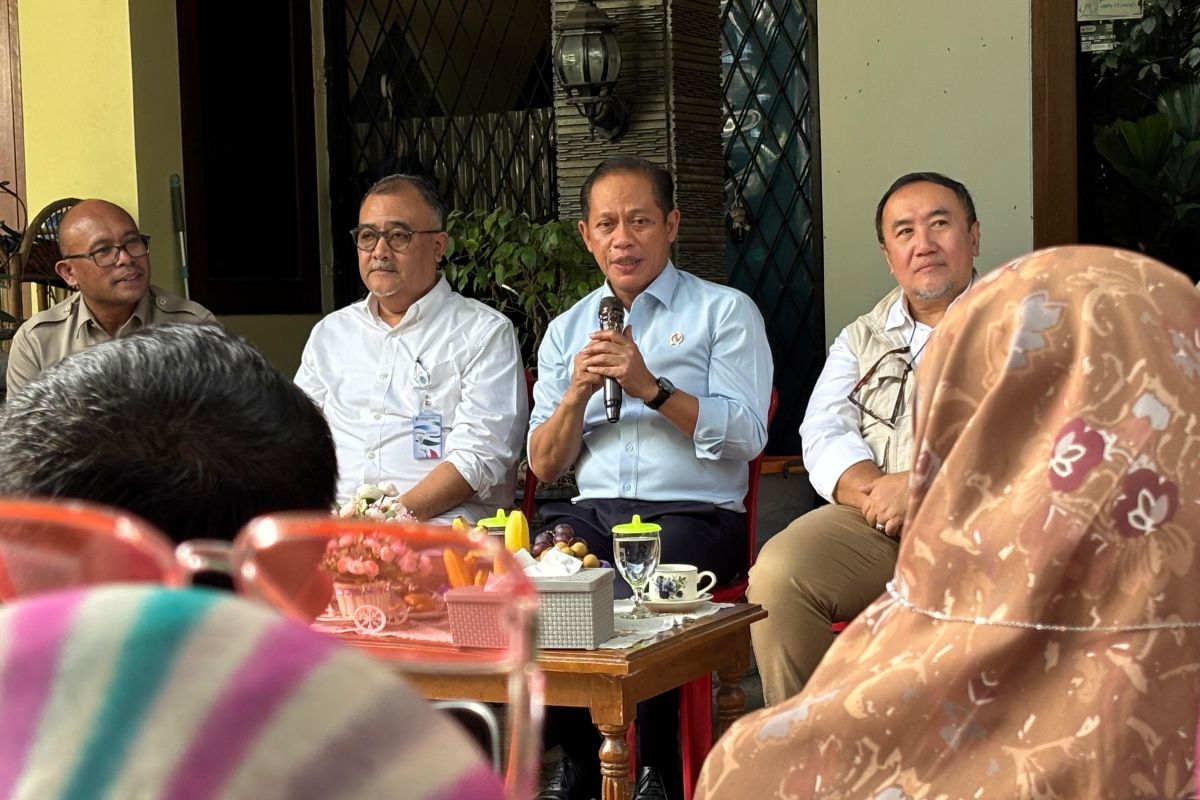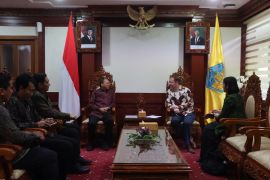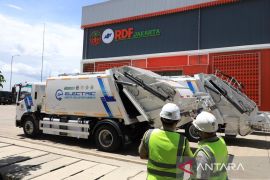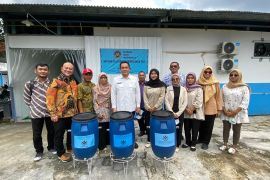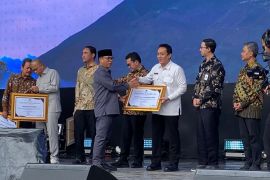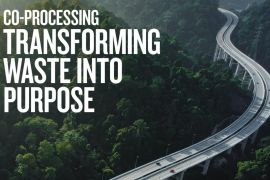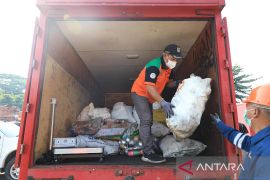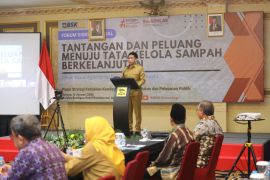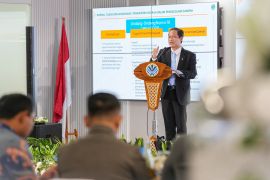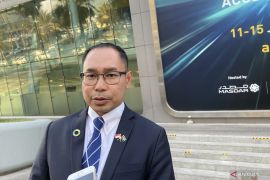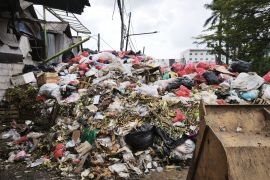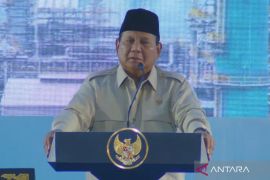After monitoring waste management in a neighborhood in Central Jakarta on Tuesday, he informed that Jakarta has been prioritized in efforts to tackle the waste issue because of several factors, including the high volume of waste generated in the province.
Most of this waste is taken to the Bantargebang Integrated Waste Treatment Site in Bekasi, West Java, which is facing a serious overcapacity issue.
However, this large volume of waste would be sufficient raw material for operating waste-to-energy plants.
The plants will use sorted waste so that they do not release any odor, considering that they are projected to be located near urban areas.
“Having adequate budgetary capacity is also essential. If these can be fulfilled, we can prioritize the establishment of waste-to-energy plants,” he said.
The government is targeting to build waste-to-energy plants at 33 locations as part of the national waste management effort. To support their operation, it is unifying three presidential regulations on the management of waste through the development of waste-to-energy plants.
The Indonesian government is targeting to achieve 100 percent waste management by 2029.
According to the Environment Ministry’s National Waste Management Information System (SIPSN), 34.2 million tons of waste was generated across Indonesia in 2024, based on reports from 317 districts and cities. Of the total, only 20.4 million tons of waste was managed.
In Jakarta alone, the total amount of waste generated in 2024 stood at 3,171,247.60 tons, with East Jakarta contributing the most waste at 859,045.05 tons.
Related news: Jakarta ready to set example in waste management: ministry
Related news: Only 10 percent of waste in Indonesia managed properly: Minister
Translator: Prisca Triferna, Raka Adji
Editor: Primayanti
Copyright © ANTARA 2025
